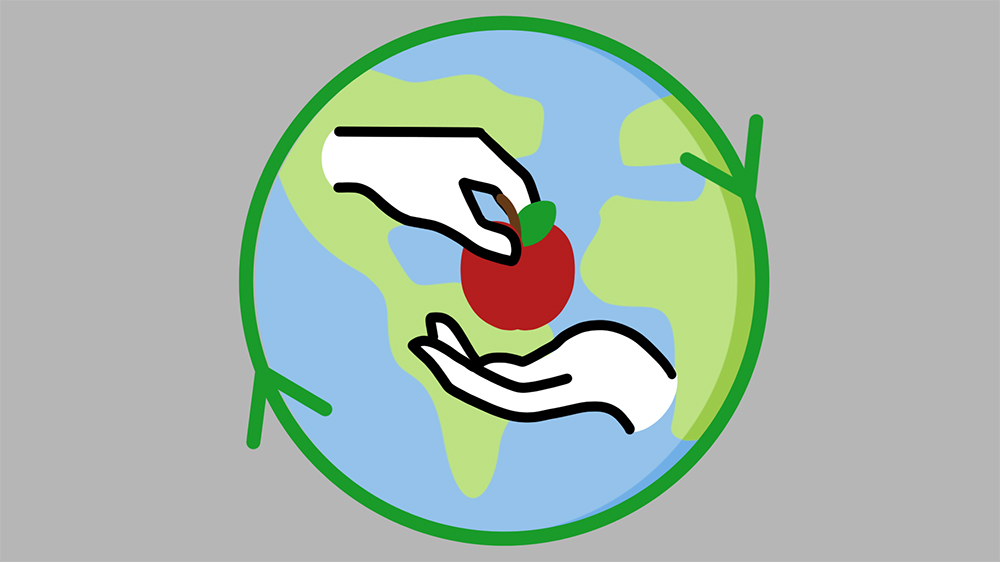As starvation rates skyrocket globally, the United States wastes record quantities of food. A disturbing Johns Hopkins University study reports that 31 to 40% of the American food supply is wasted annually, which is approximately $161.6 billion.
Private homes, grocery stores and restaurants waste the most food. It’s not uncommon to throw away food that goes bad in your fridge and cupboard. At grocery stores, if food remains unpurchased and spoils, it’s tossed. Often, food is haphazardly thrown onto shipment trucks, leading to damage and spoilage over long-distance trips.
Fruits and vegetables are also often the first to spoil if they are kept in convenient locations for customers but improper to maintain its quality. Food isn’t always handled with care either, leading to drops, spills and ultimately waste. At restaurants, larger portions often do not get entirely eaten, and imprecise orders lead to unnecessary overstocks of food that aren’t entirely utilized.
As this food is carelessly discarded, millions of people across the globe starve. According to a report conducted by the United Nations, the number of people affected by hunger globally rose to as many as 828 million in 2021, nearly triple the population of the U.S.
On top of pre-existing global food insecurity, Russia continues to wage war in Ukraine, lowering the amount of wheat, sunflower meal, soybeans and other exports which are necessary to feed several parts of the world. According to U.S. News, Ukraine’s exports are typically responsible for feeding up to 400 million people.
Not to mention, there are people who are starving right here in America. The nonprofit Feeding America reports that 34 million citizens are food insecure, including a staggering 9 million children.
We need to recognize this is an issue and end our complacency. It is easy to waste food, but it is difficult to commit to doing better. We can do better, we can try harder and we can do more for those who do not have enough to eat.
So, where do we start? First, we can do better in our own kitchens. We can buy less excess food at the grocery store and start buying only what we need. Refining our shopping lists will save both money and food from being thrown away. You can also repurpose unneeded food or give monetary donations to organizations such as Feeding America, the Good Shepherd Food Bank and the World Food Program.
There’s also helpful apps such as NoWaste which tracks the expiration dates of food in your fridge and pantry, and OLIO, which sets up a system in your neighborhood where you can post and give away food you no longer want or need. You should also always eat leftovers or prepare less food in the first place. Freezing food is another great way to extend your food’s shelf life.
At a commercial level, there are ways restaurants and grocery stores can improve. Grocery stores should more frequently issue food waste audits that will keep their employees on their toes, while specific reduction goals can be utilized in order to encourage reduced waste. They can also simplify date labeling to clear up confusion on expiration dates, display foods in adequately cooled conditions and partner with local farms and food providers in order to shorten travel times of food products.
Restaurants should donate unused food whenever possible, encourage people to take home leftovers, use food scraps in unique ways and serve smaller portions to customers. If you work at any of these institutions or know anyone that does, share these ideas with staff and see if you can create meaningful change.
At a national level, we can tell our government we want fewer tax deductibles for big businesses. According to Forbes, food waste costs chain grocery stores a lot of money per year, so they get tax deductibles from the IRS. This means they have to worry less about wasting because they are financially covered by our tax dollars.
As we recognize those suffering worldwide, we need to be more aware of our waste and our ability to assist those who need our help. We cannot sit idle any longer.




